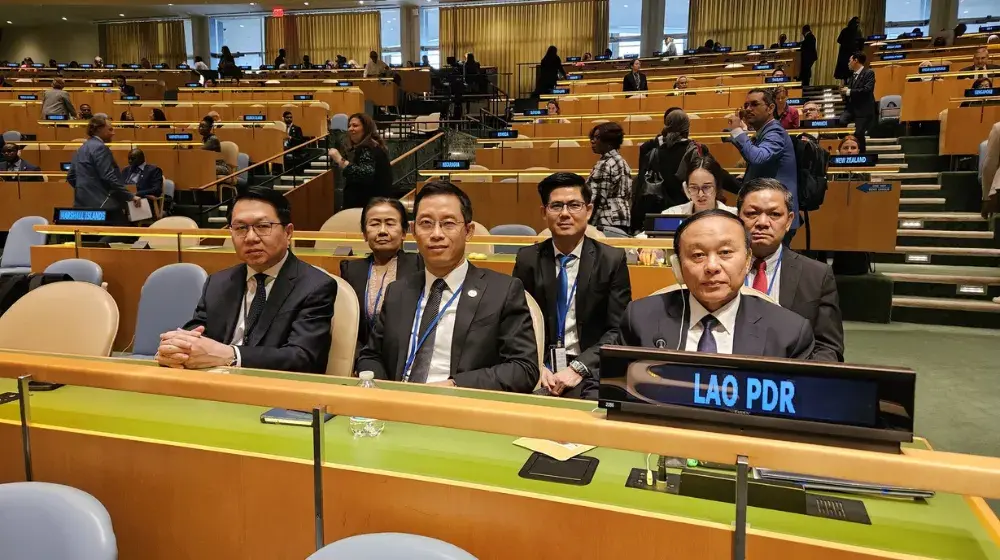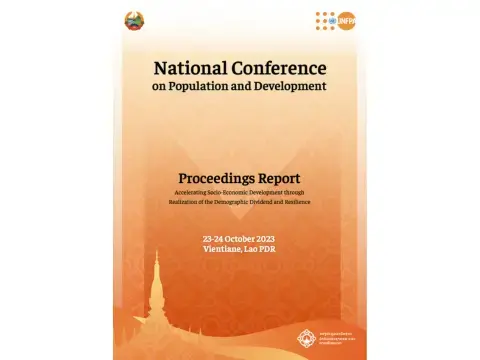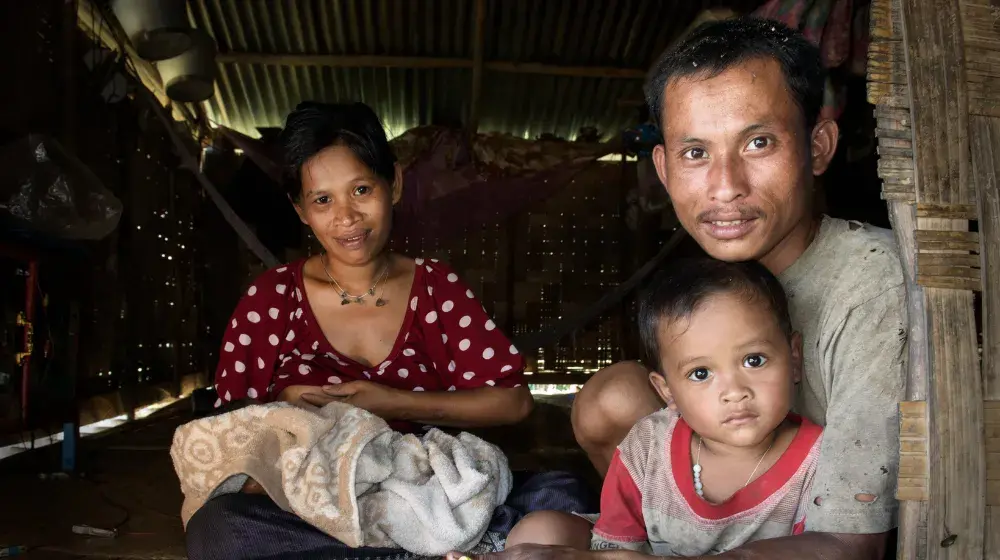Vientiane - As human numbers climb towards a new milestone, 7 billion, the United Nations Population Fund, UNFPA, is launching the 7 Billion Actions campaign, a worldwide advocacy effort, on 11 July, the World Population Day. The campaign will continue through 31 October, when the United Nations project world population will surpass 7 billion, and beyond.Click here to watch the 7Billion video and to know more about the campaign.
The campaign will highlight the critical role population changes play in shaping our future, promote dialogue on what it means to live in a world with so many people and encourage activism on issues that affect everyone. Continued population growth, declining fertility, rising mobility, ageing and changing age structure all pose profound challenges but also opportunities. In Lao PDR, these factors point in particular to an urgent need to invest in young people and women.
UNFPA and the Ministry of Planning and Investment, MPI, will organize a series of activities over the next four months, which include a national essay contest, an academic seminar, a workshop on population issues, a knowledge contest for university students, discussion panels involving parliamentarians and young people, and launching of the State of the World Population Report 2011.
Globally, population has doubled since 1968 and grown by almost 40 per cent since reaching 5 billion in 1987, an event that led to the first World Population Day. According to the UN Population Division, growth will continue at least until mid-century despite dramatic declines in the average number of children per woman.
In Lao PDR where the population was 5.6 million in 2005, 1 million population was added every 10 years since 1985 when the population was 3 million. In Lao PDR also, the average number of children per women is declining, but due to high fertility in the recent past, the largest-ever generation of young people are entering their reproductive years and this will guarantee population growth for several decades even as family sizes continue to fall.
"Laos is a country of youthful population structure with 60% of the total population below 25 years of age. Our population is expected to grow to over 6 million in 2015 with about two thirds of them below 25." said Mr. Somchith Inthamith, Director General of the Department of International Cooperation, MPI. "We have to make sure that this group of population both men and women will grow to be the quality workforce who generates income and wealth for the country and for themselves. A period of a large and growing share of the working-age population is called the demographic bonus and is a golden opportunity for development that we expect to last for the next 30 years." Click here to read the full version of the remarks in English and Lao.
"We have an opportunity and responsibility to invest in adolescents, youth and women," stated UNFPA Representative, Mieko Yabuta. "With the right policies, investments and social support to young people and women, they will help build a solid foundation to sustainable and equitable development in Lao PDR." Click here to read the full version of the remarks in English and Lao.
The campaign addresses seven key themes; all are vital to Lao PDR: poverty and inequality; the rights of women and girls; young people; reproductive health and rights; the environment; ageing; and urbanization.
To learn more about the global 7 Billion Actions campaign, visit www.7billionactions.com.
For more information, contact: Diego De La Rosa, Tel.: (+856 21) 315547, Mobile: (+856) 20 59936509,drosa@unfpa.org




